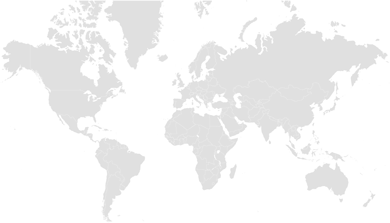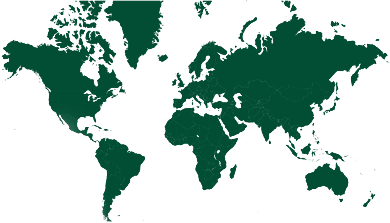Framework
2021 • World Bank WICER - Water in Circular Economy and Resilience framework
The WICER framework provides a structured approach to applying circular economy principles in urban water systems. It aims to enhance resilience, inclusiveness, and sustainability in water supply and sanitation services by focusing on three outcomes: delivering resilient and inclusive services, designing out waste and pollution, and preserving and regenerating natural systems. It offers actionable steps for planning, investments, and operational improvements and includes global case studies to illustrate its application.
Recovered Materials & Products
Energy
Electricity
Biogas
Nutrients
Fertilizer
Water
Waste Streams
Faecal sludge
Wastewater
Urine
Greywater
Confirmed countries
Germany


What is this tool intended for?
WICER sets out the core elements of a circular and resilient water system. It is intended to guide policymakers, planners, and water utility managers in transitioning from linear to circular and resilient water systems. It focuses on efficient resource use, nature-based solutions, and fostering inclusiveness in urban water and sanitation services.
How does this tool work?
The framework presents a set of interlinked actions to achieve three outcomes:
- Deliver resilient and inclusive services.
- Design out waste and pollution.
- Preserve and regenerate natural systems.
Each of the outcomes depends on three actions which are discussed in detail.
These actions target the three main interlinked resource recovery pathways—water, energy, and nutrients - and their relevance to cities, industries, agriculture and nature.
Who might use this tool and with which types of stakeholders?
Target users include urban water and sanitation utility managers, government policymakers, planners, and development agencies. However, the framework can also be used to link the urban and rural worlds. Stakeholders include private sector investors, NGOs, and local communities involved in water resource management.
What stages of a process can this tool support?
WICER supports stages from planning and investment prioritization to design, operation, and monitoring of water systems.
What skills, capabilities, and resources are required to use this tool?
Users should have expertise in water management, finance, and climate resilience. The framework requires data on water supply, infrastructure performance, and local environmental conditions.
Where can this tool be used?
WICER is globally applicable, adaptable to local contexts in urban and peri-urban settings.
Case examples of where this tool has been used
- Chennai, India: Diversified water supply with rainwater harvesting, wastewater reuse, and energy recovery from treatment plants.
- Sao Paulo, Brazil: Optimized treatment plant operations to increase efficiency and defer costly expansions.
- Dakar, Senegal: Making the most out of wastewater and fecal sludge
Technologies
Anaerobic digestion
Themes
Assessment
Design
Monitoring, Evaluation and Learning
Capacity building